Today, I’m going to share my best tips on how to clean windows without Windex, Have you ever reached for your trusty bottle of Windex to clean your windows, only to find out that you’ve run out of it or it’s lost somewhere in the depths of your cleaning supplies? Fear not, my fellow moms! This has happened to me too, and I know just the trick to help you achieve crystal clear windows again – and the best part is that you don’t need Windex
There are plenty of homemade cleaners that will leave your glass surfaces sparkling and, best of all, streak-free!
Maybe you’ve run out of this popular commercial glass cleaner, or you want to save some coins with a DIY cleaner, or simply want to take the eco-friendly route when cleaning mirrors and other glass surfaces. We get it. Whichever your situation is, you’ve come to the right place.
Read on as we explore the best homemade solutions for cleaning glass.
We’ll also share the correct ways to use these cheap but effective DIY cleaners to achieve crystal-clear glass without any streaky mess in sight.
Let’s begin!
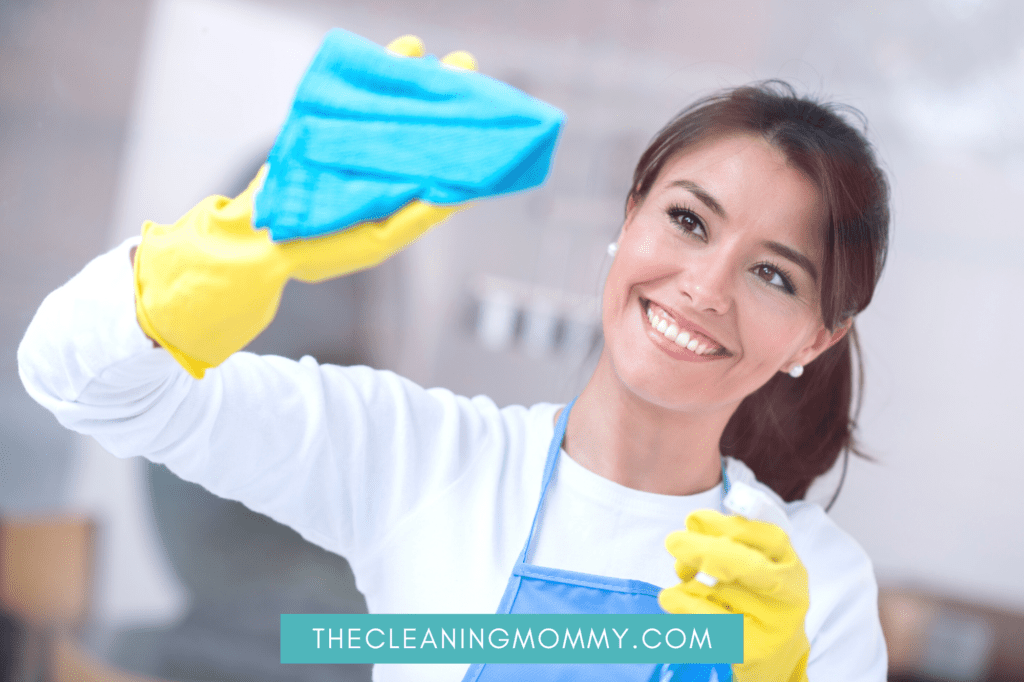
Washing Windows Without Windex: Alternative Glass Cleaning Solutions
Okay, I know you’re ready to jump right into the list of homemade glass cleaners that will make your window and bathroom mirrors rival those done by professional cleaners.
But before we move onto this fun part, let’s briefly touch on the not-so-laid back part of these eco-friendly solutions — precautions and storage tips.
Here are a few things you should keep in mind before embarking on your glass cleaning mission with a DIY solution:
- Make sure your spray bottle is clean before transferring your homemade cleaning solution into the bottle. You don’t want to unintentionally mix your cleaning solution with a possibly reactive residue sitting in an unclean bottle.
- Label your bottles clearly, indicating the DIY glass cleaner inside. This is to prevent someone else from mistakenly using it for an unintended purpose.
- If you intend to prepare excess homemade glass cleaner for future use, store it away from direct sunlight (this will maintain its effectiveness) and somewhere pets and kids can’t access it.
Let’s now go over the DIY cleaners that you can use to ensure you have the shiniest mirrors and windows on the block!
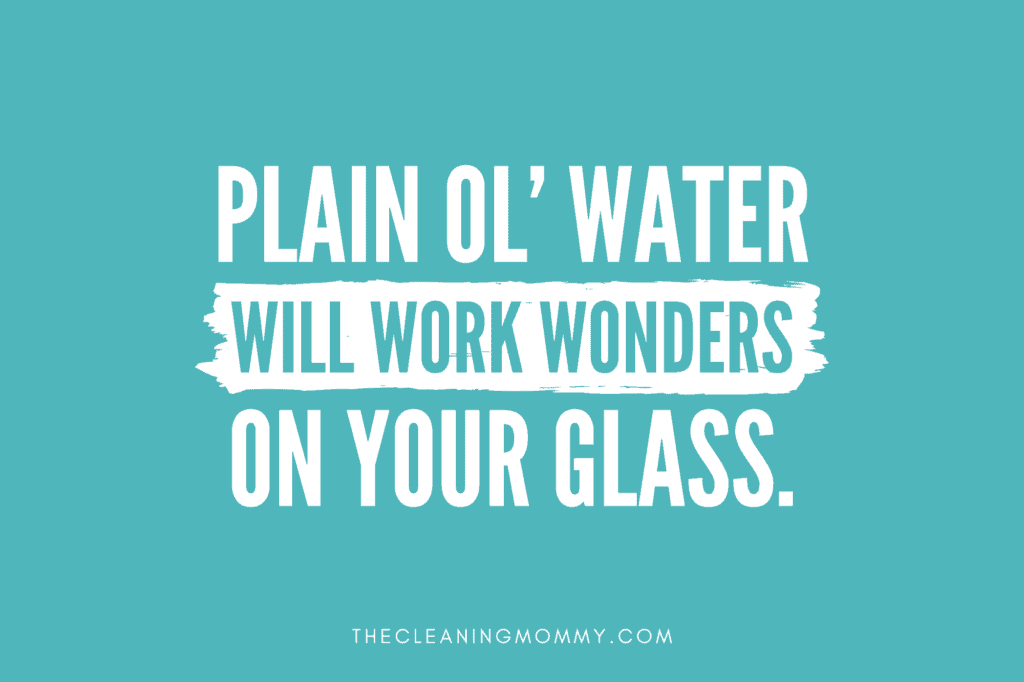
Water Alone
If you’re wondering what you can use to clean glass besides Windex, plain ol’ water will work wonders on your glass.
But if you’re going for a pristine finish on your window, consider using warm distilled water instead of tap water.
The thing is, tap water has traces of minerals and other impurities that will stain your glass.
Distilled water, on the other hand, guarantees a glistening shine on glass since it’s free from these impurities. Using warm water to clean glass will help you tackle stubborn grease and other unsightly build-ups.
Here’s what you’ll need:
- Distilled water
- A bucket
- Two clean microfiber cloths
Instructions to Clean Glass Without Windex:
- Dip one microfiber cloth in the water and wipe your glass with the damp cloth. Unlike household cleaning items like paper towels, microfiber cloths are the best because they’re lint-free and non-abrasive on glass.
- Use the other dry cloth to buff the glass to a smooth, sparkling finish.
Be careful, though, not to use hot water during extremely cold days. It can cause thermal shock on cold glass, resulting in cracks.
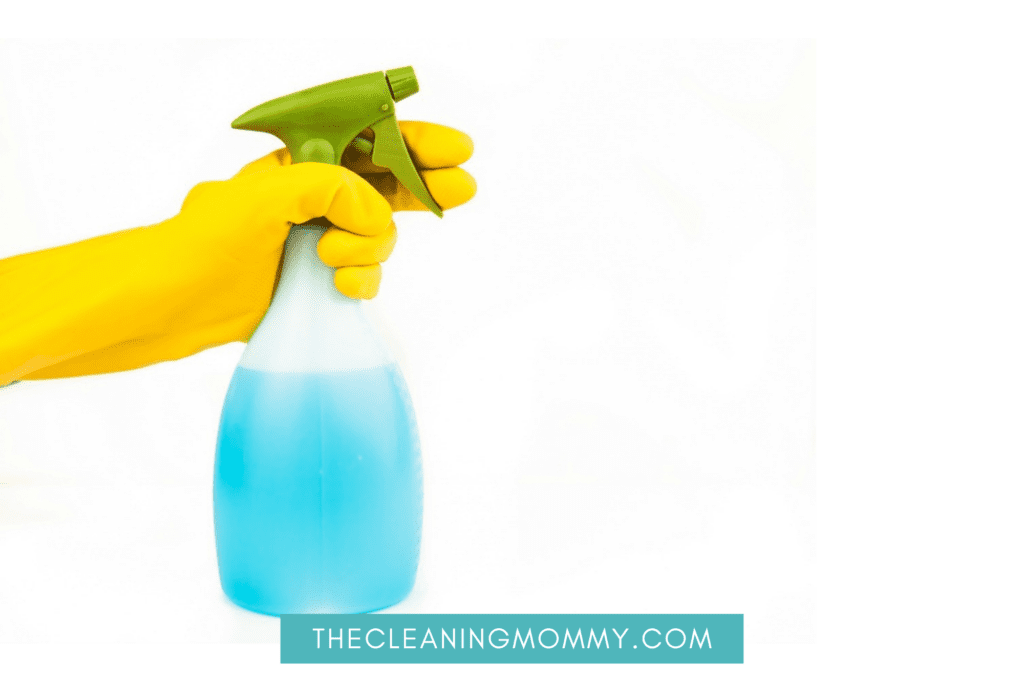
Water and Dish Soap
Liquid dish soap does a terrific job when it comes to removing dirt, stuck-on grease, and other cringe-worthy stains on mirrors.
Here’s what you’ll need:
- Dish soap of your choice
- Warm water
- Three microfiber cloths
- A small bucket
Instructions for Using Liquid Dish Soap:
- Fill the bucket with water, then add liquid dish soap. Don’t use too much dish soap to avoid having bubble-looking smears scattered all over your window or bathroom mirror. A few drops go a long way.
- Dip one cloth in the liquid soap solution, squeeze it, and proceed to clean your glass.
- Moisten the second microfiber cloth with water only (no liquid soap), and wipe clean the entire surface again.
- Finally, use the other microfiber cloth to dry the wet window for that shine-like-new finish.
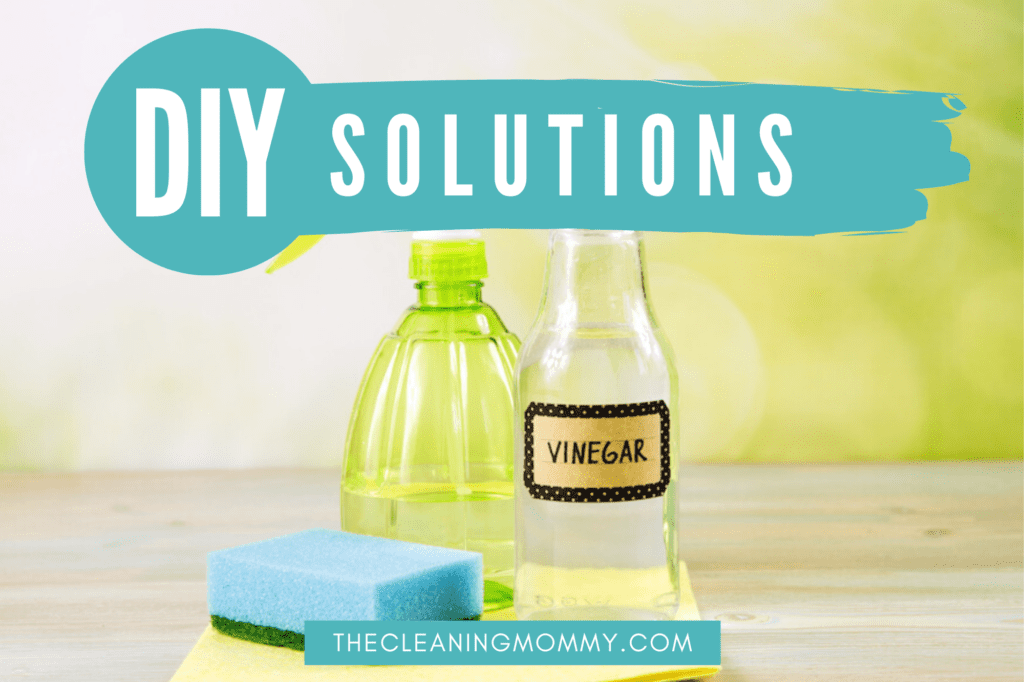
Vinegar and Water
You can make an effective homemade glass cleaner with just water and vinegar.
The acetic acid in white vinegar breaks down grease, dissolves mineral stains (from tap water), and clears streaks on glass.
An added bonus is that vinegar’s antibacterial properties will leave your mirrors germ-free.
Here’s what you’ll need:
- An empty spray bottle
- White vinegar
- Water
- Microfiber cloths
Instructions:
- Using a 50:50 ratio, mix equal parts of water and vinegar. For instance, a cup of vinegar with a cup of water
- Transfer the vinegar mixture to a clean spray bottle and shake well.
- Spray the solution directly onto a fresh microfiber cloth and, once dampened, use it to wipe down your glass surfaces.
- Use the other dry cloth to buff the wet window for a final streak-free shine.
PRO TIP: If you love clean mirrors but hate the lingering smell of white vinegar, add a few drops of your favorite essential oil to the vinegar solution.
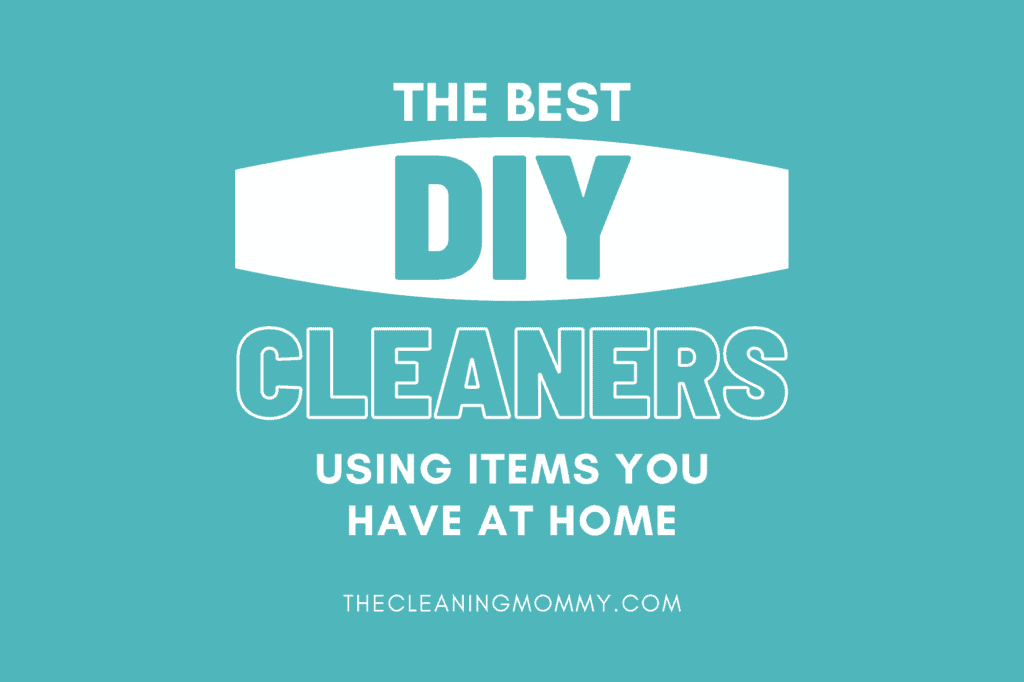
Rubbing Alcohol and Water
Also known as Isopropyl alcohol, rubbing alcohol is an excellent glass cleaner as it whisks away sticky residues and greasy stains from glass surfaces (and disinfects, too).
Because of how strong-smelling it is — and the harmful fumes it emits in its undiluted form — it’s safer to mix rubbing alcohol with water before using it as your glass cleaner.
Here’s what you’ll need:
- Rubbing alcohol
- Water
- A clean spray bottle
- A microfiber cloth or cotton pad
Instructions:
- Combine a ¼ cup of rubbing alcohol with one cup of water in a spray bottle.
- Give it a good shake before spraying this homemade cleaning solution directly onto a clean microfiber cloth or cotton pad.
- Wipe your window with the wet cloth. You won’t need to buff the glass with another dry cloth afterwards since this alcohol-based cleaner evaporates quickly and smoothly on glass (it doesn’t leave smears).
Word of caution: As much as rubbing alcohol is an amazing glass cleaner, it’s highly flammable. So, as you prepare to mix it with water, be sure to do so away from open fire.
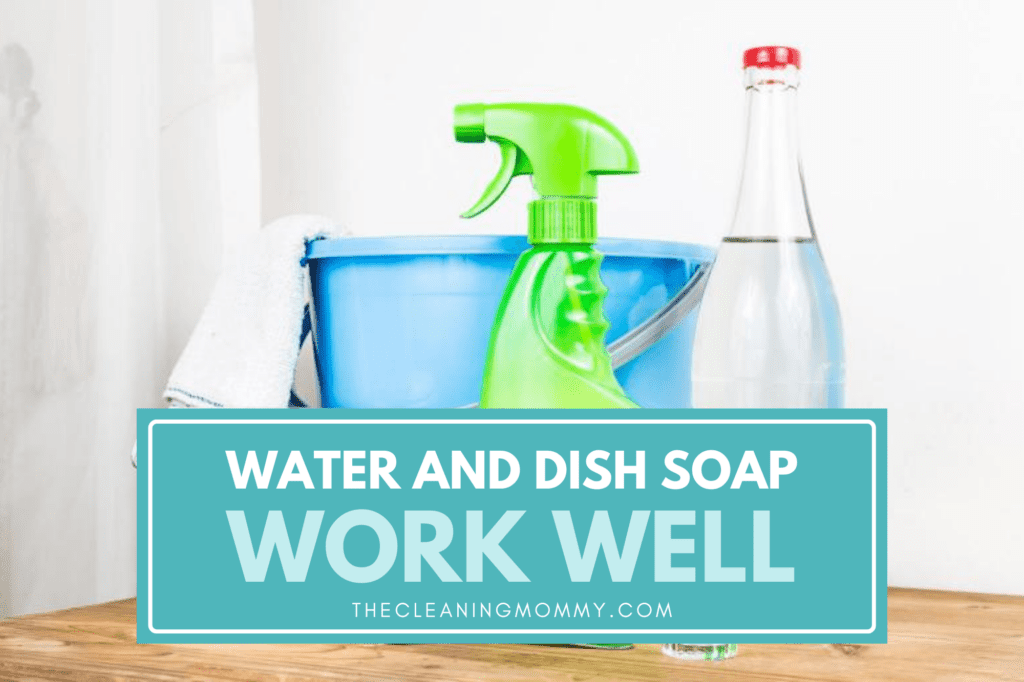
Disinfecting Wipes
Disinfecting wipes come in handy for quick and effortless clean-ups around the house.
And guess what?
They also clean glass effectively. These pre-moistened wipes will get rid of those annoying fingerprints and stubborn smears on your glass while sanitizing the surfaces.
Have rubber gloves on when using disinfecting wipes to deep clean glass. These wipes often contain some harsh active ingredients that irritate human skin.
Baby Wipes
If you love the convenience of wipes but don’t want to deal with gloves while cleaning glass, or a mirror, baby wipes will get the job done just right!
All you need to do is grab a few of these skin-friendly wipes, clean the stubborn stains on your glass, and — voila! You have streak-free mirrors with a glossy sheen and fresh scent.
Dryer Sheets
Most of us consider dryer sheets as laundry essentials, thanks to their anti-static properties.
But dryer sheets can do more than just leave your clothes static-free. A single dryer sheet contains ingredients that help loosen up smudges on glass and leave it looking as good as new.
By dampening a handful of these sheets with water and gently wiping your entire glass surfaces, you’ll clear away dust and soften the residues stuck on the glass — all these without leaving the ever-frustrating smears or tiny scratches.
Steps to Cleaning Windows Without Streaking
Nothing kills your cleaning confidence faster than the sight of streaks on your window or mirror hours after what you thought was a successful cleaning session.
To achieve a streak-free finish, here are a few basic steps you should follow while cleaning glass and a mirror:
- To prevent dust streaks, always dust off the entire window or mirror before spraying any glass cleaner. A dry microfiber cloth does an excellent job collecting dust from glass, or a mirror.
- You don’t need to have a squeegee to wash your window or mirrors to perfection. A clean microfiber cloth will do. As you wash the glass surfaces with a damp cloth (remember, avoid paper towels), start from the top going down.
Plus, instead of wiping in circles, clean as though drawing the letter “S.”
The “S” trick is recommended as it’s a much faster cleaning technique — it prevents the solution from air-drying on the glass before you do the final wipe-down.
- If you’re spraying the DIY cleaner directly on the glass of the mirror, don’t overspray one window or mirror after another. In other words, spray as you clean. That way, the cleaner won’t dry out on surfaces you’ve yet to wash, leading to streaks.
- Don’t forget to buff the glass surface. For that ultimate, streak-free shine, make sure to give your glass surface one final wipe-down with a fresh microfiber towel.
Pro Tip: Opt to clean glass when it’s not too sunny outside. When there’s a lot of sun shining directly on your window or mirror, the cleaner you’ve just applied will dry out faster, leaving behind streaks and other dreaded marks.
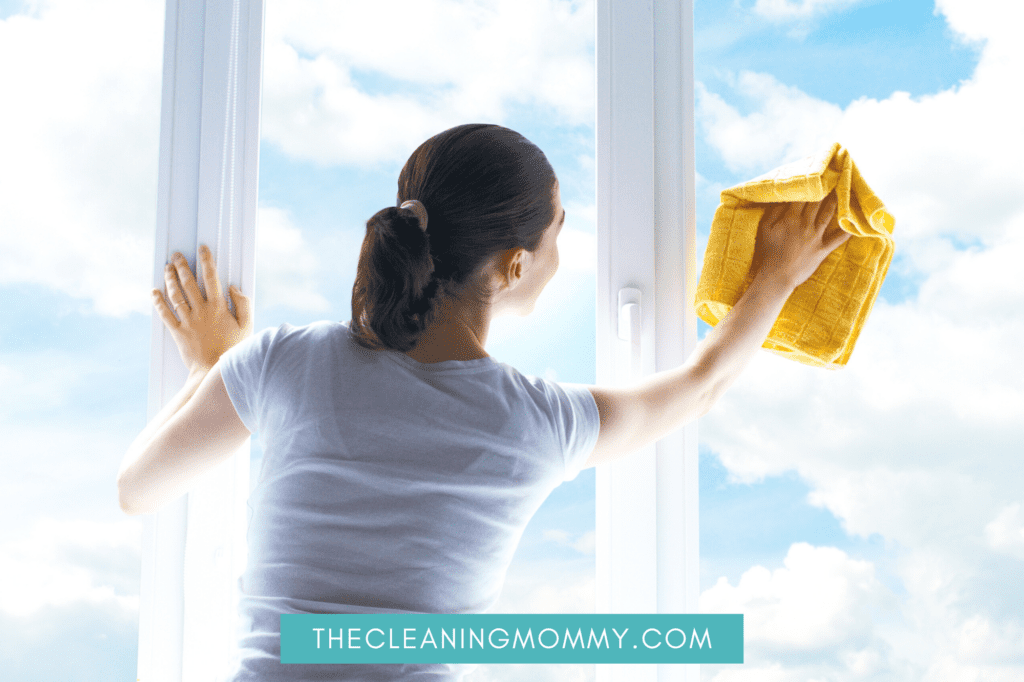
Window Cleaning Without Windex: Conclusion
There’s nothing quite like a clean window or mirrors with a glistening sparkle. They let you take in breathtaking views of the world outside and brighten your space in the most beautiful way.
While store-bought cleaners like Windex do a fantastic job as far as reviving grubby glass surfaces is concerned, there are other DIY cleaners with impressive cleaning powers, and you have most of the essentials in your home already.
From plain water to distilled vinegar, rubbing alcohol, baby wipes, disinfecting wipes, dryer sheets, and liquid dish soap, the options are many. When you use these simple homemade glass cleaners correctly, you’ll kiss foggy, streak-filled glass goodbye!
Other Cleaning Articles You May Like:
- How to start decluttering when overwhelmed!
- How to clean pen off walls
- The battle of oxiclean versus borax in your laundry room
- How to clean high chair straps
- How to get poop stains out of clothes

Grainne Foley
Grainne Foley is a wife and mother of 2 great kids. During her 5 years of full time RV travel, Grainne learned to become very efficient at household chores, in order to make time for family adventures. Now, back in a house, she has continued to create tools and techniques to help others lighten the load of household organization and cleaning.
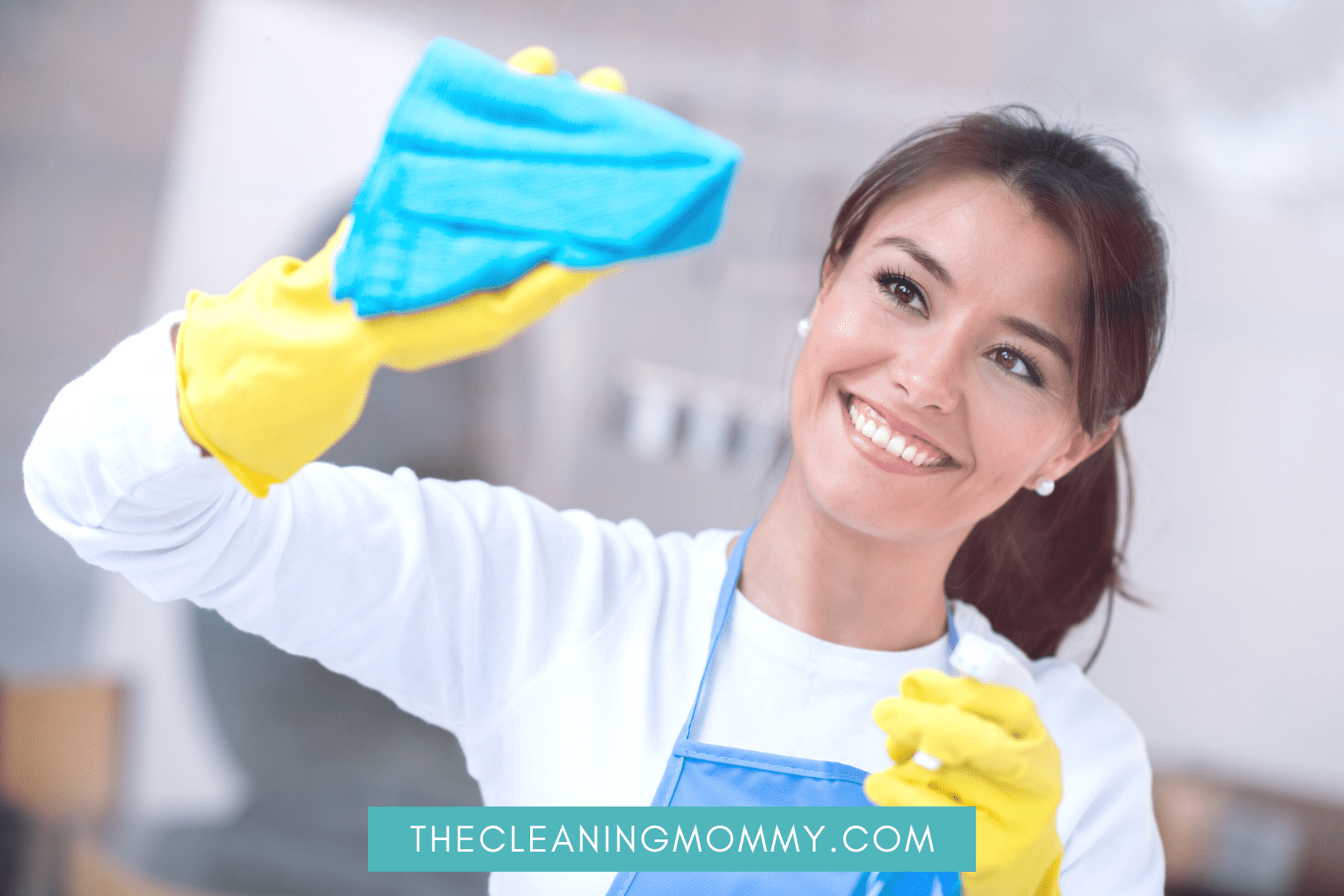
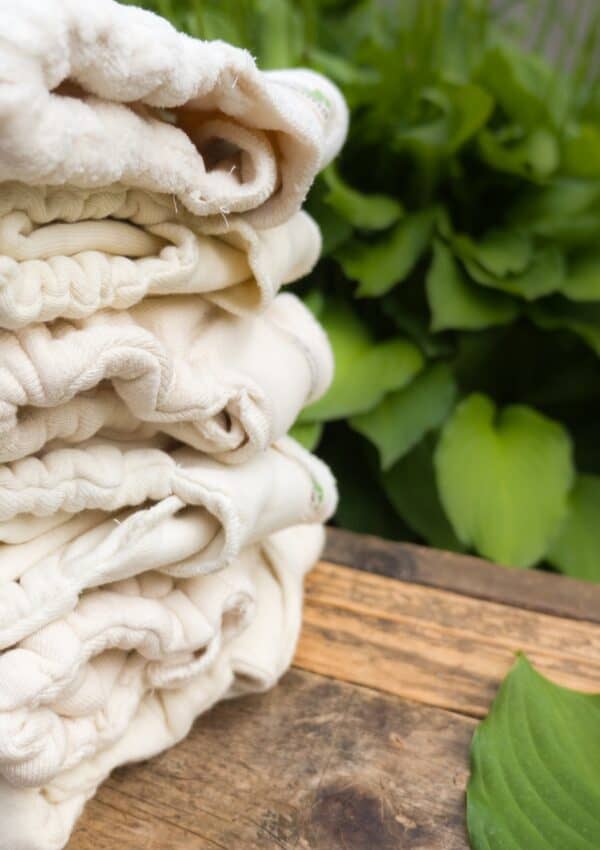
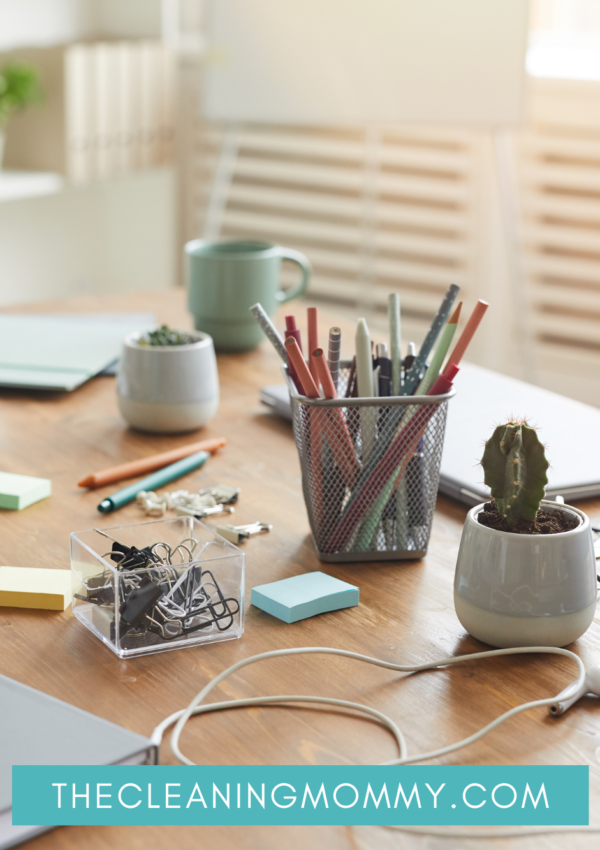
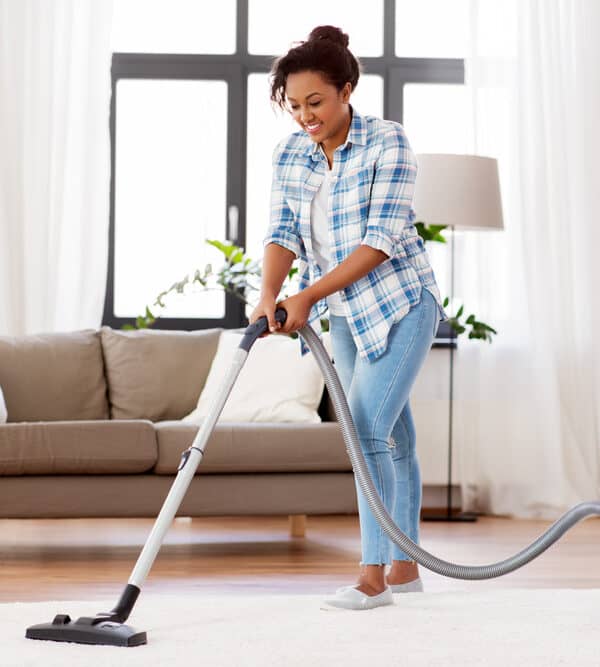

Leave a Reply